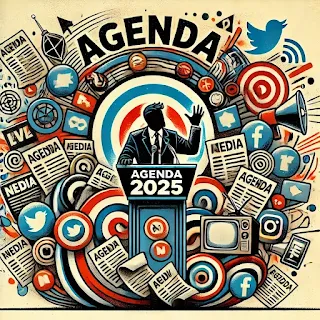Goal of the project 'Principles of Cooperation'
If I only could describe a clear, colorful, brilliant, fantastic, beautiful picture of the goal for this project. And it would be also nice, if I could describe the objective according to the story - if you want to build a boat, don't tell your team to gather wood, tell them about the wonderful land, the team wants to reach with the boat you want to build.
I can't give you a close description of this wonderful land. The only thing I know right now is to learn more and understand more about the 'system' of
cooperation.
Maybe to work towards a better world... in a team...
A little example of this wonderful land
Ben and Tracy are fighting about the last orange in your house. You want to settle this dispute.
How?
You could cut the orange equally in two halves.
But in this case you could make use of the knowledge about the search for a
Win-Win situation. Better communication with questions regarding the goals of the opponents.
Ben, what do you want to do with the orange? I want the juice.
Tracy, what do you want to do with the orange? (Tracy is already smiling!) I need the peel!
The solution is clear and simple! Both are winning.
We don't have to go court about every conflict.
Mediation is the solution. And even better, if more people know about the search for a Win-Win situation and better communiaction, we will have more peace in this world.
If there is the willingness for cooperation, we will find more Win-Win situations in all areas of living, even in marriages or partnerships.
On the path to the wonderful land
Simplicity is a principle on this path.
Division of labor,
mass production and
money are making it often difficult to see the human ability for cooperation. But we are all on a journey as astronauts in a huge team - on a gigantic spaceship, called earth, towards unknown destinations. Six Degrees of Separation or the
Small-world experiment shows only how close we are in reality.
Reality is another principle on this journey.
Selfishness,
greed, miser, conflicts, money, competition etc. are real and we can not ignore nor can we wish them away from this world. Maybe by understanding the principles of cooperation better we might be able to cope a little better with this part of reality. Here and now.
The resources (wood for the boat)
- Wikipedia - working on the article of cooperation (English and German) as user darwipli
- Open Mindmap "Cooperation" - network of knowledge. Its open and everybody can work on it. A user manual will follow soon.
- Blogging - this Blog here and a Blog in German
- Facebook
- Google+
- A homepage - coming soon
- Languages - now in German and English, more languages are very wellcome
Any other ideas for resources?
More ideas for this project:
- Gathering more examples from this wonderful land.


